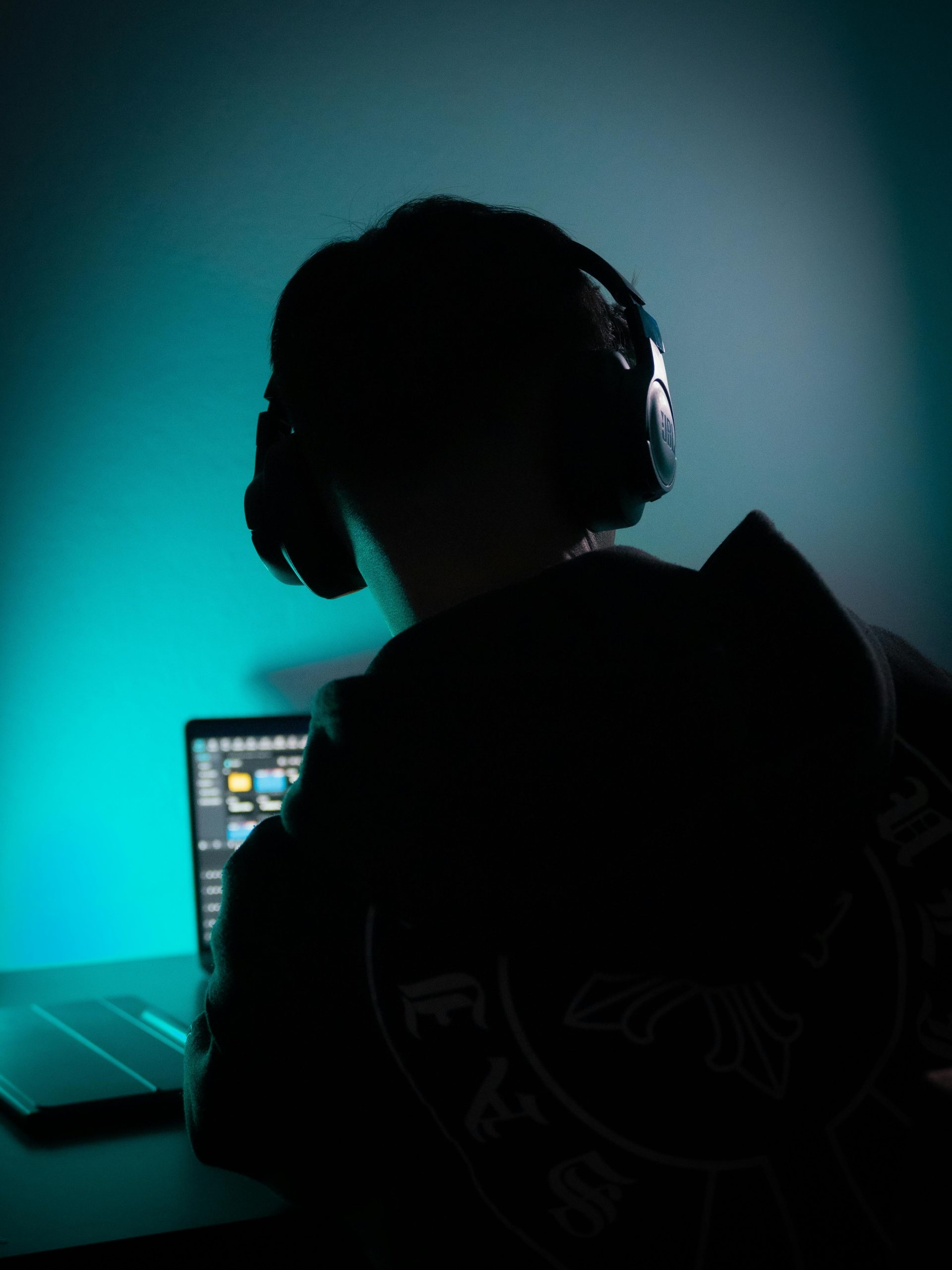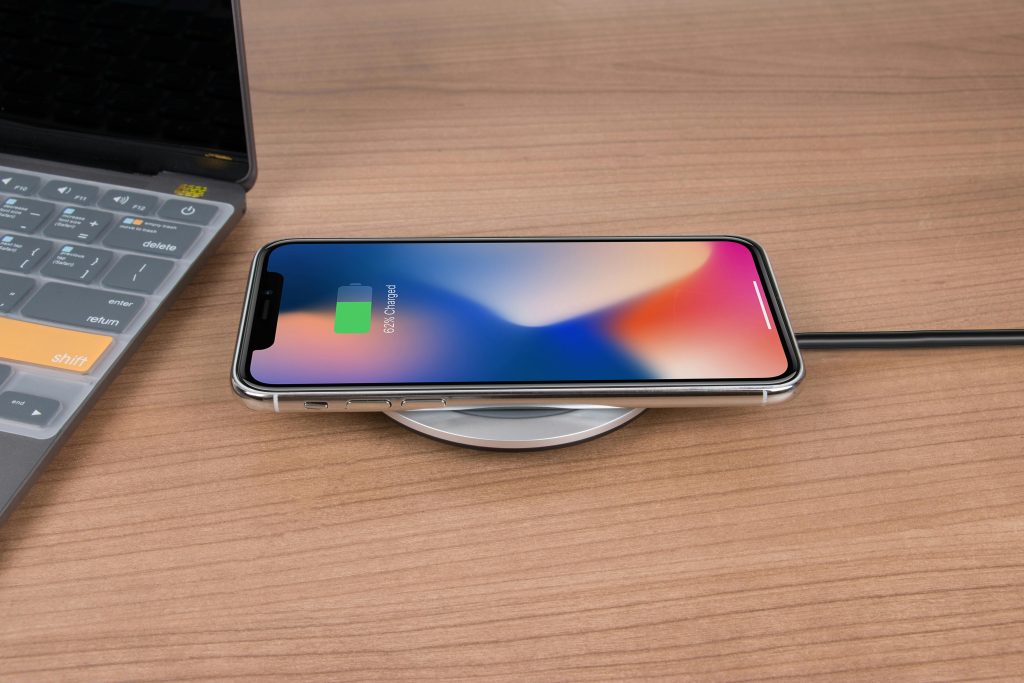Troubleshooting Audio Issues on Your Laptop: No Sound and Headphone Detection Problems
Are you experiencing issues with your laptop where it produces no sound, and your headphones are not being detected? If so, you’re not alone. Many users encounter audio problems, especially after long periods of inactivity or system updates. This article provides a comprehensive guide to diagnosing and resolving common audio issues on Windows laptops.
Understanding the Issue
In this scenario, the primary symptoms include:
– No audio output from the laptop’s speakers.
– Volume levels remain static, indicating no sound is playing.
– When plugging in headphones, the device fails to recognize them.
Such problems can stem from various causes, including driver issues, hardware malfunctions, or misconfigured settings.
Troubleshooting Steps
- Verify Hardware Connections
- Test Different Headphones: Use multiple headphones or external speakers to rule out faulty accessories.
-
Check Physical Ports: Inspect audio jacks for debris or damage.
-
Confirm Sound Settings
- Ensure Volume Is Up: Check the system volume and unmute if muted.
- Set Proper Playback Device:
- Right-click the speaker icon in the taskbar.
- Select ‘Open Sound settings’ or ‘Sounds’.
-
Under the ‘Playback’ tab, ensure the correct device is set as default.
-
Restart Your System
-
Rebooting can resolve temporary glitches affecting audio services.
-
Use Windows Troubleshooter
- Windows includes a built-in audio troubleshooter:
- Navigate to Settings > System > Sound.
-
Click on ‘Troubleshoot’ to let Windows detect and fix issues automatically.
-
Update or Reinstall Audio Drivers
- Outdated or corrupted drivers can cause detection and playback problems:
- Open Device Manager (Win + X, then select ‘Device Manager’).
- Expand ‘Sound, video and game controllers’.
- Right-click your audio device and select ‘Update driver’.
- Choose ‘Search automatically for updated driver software’.
-
If updates don’t help, consider uninstalling the device (right-click and select ‘Uninstall device’) and restarting to allow Windows to reinstall the drivers automatically.
-
Check for Operating System Updates
-
Ensure your Windows OS is fully updated, as updates often include fixes for hardware compatibility.
-
BIOS and Firmware Checks
- In rare cases, BIOS updates or reset can resolve hardware detection issues. Consult your laptop manufacturer’s support resources for guidance.
When to Seek Professional Support
If none of these steps resolve the issue,
Share this content:



